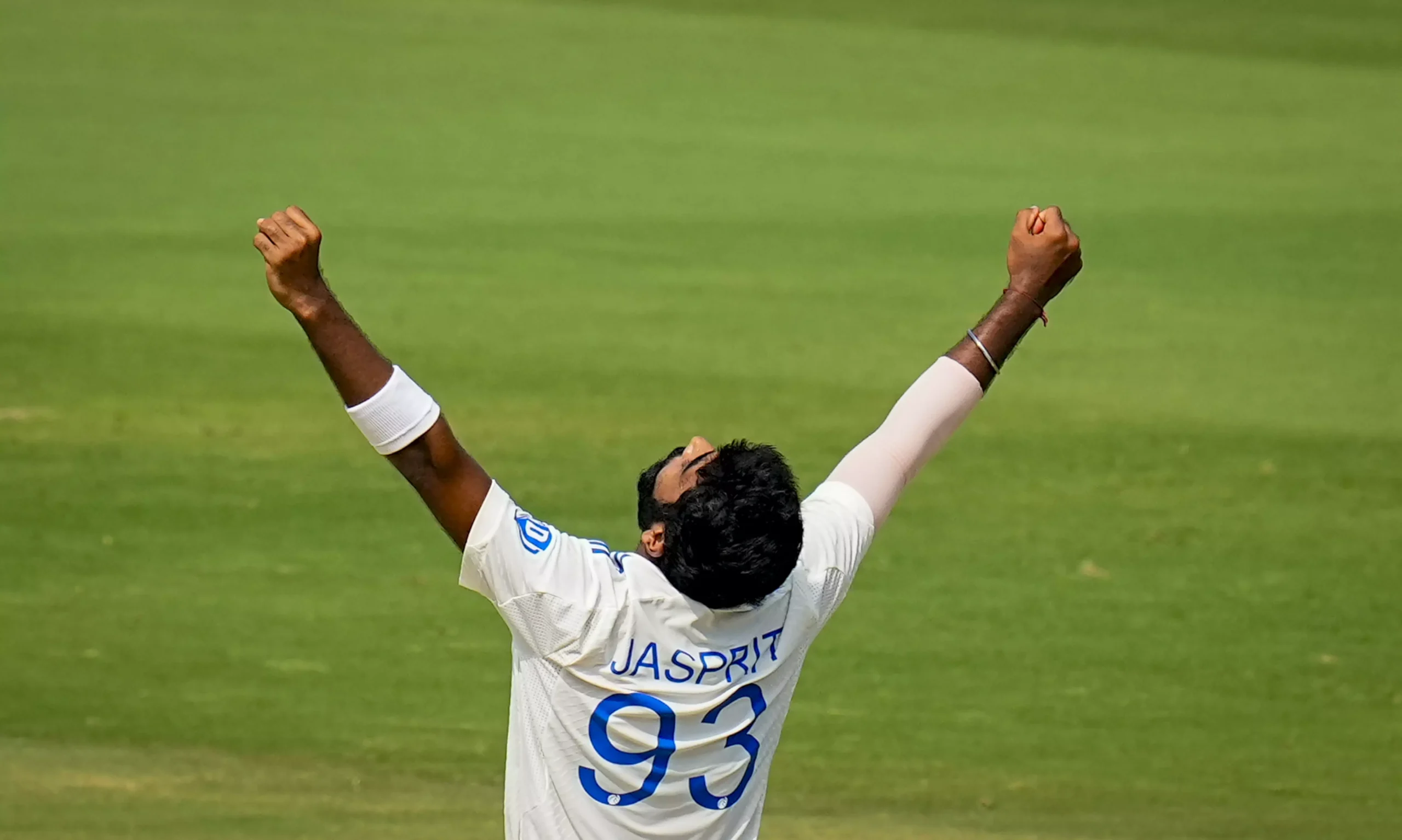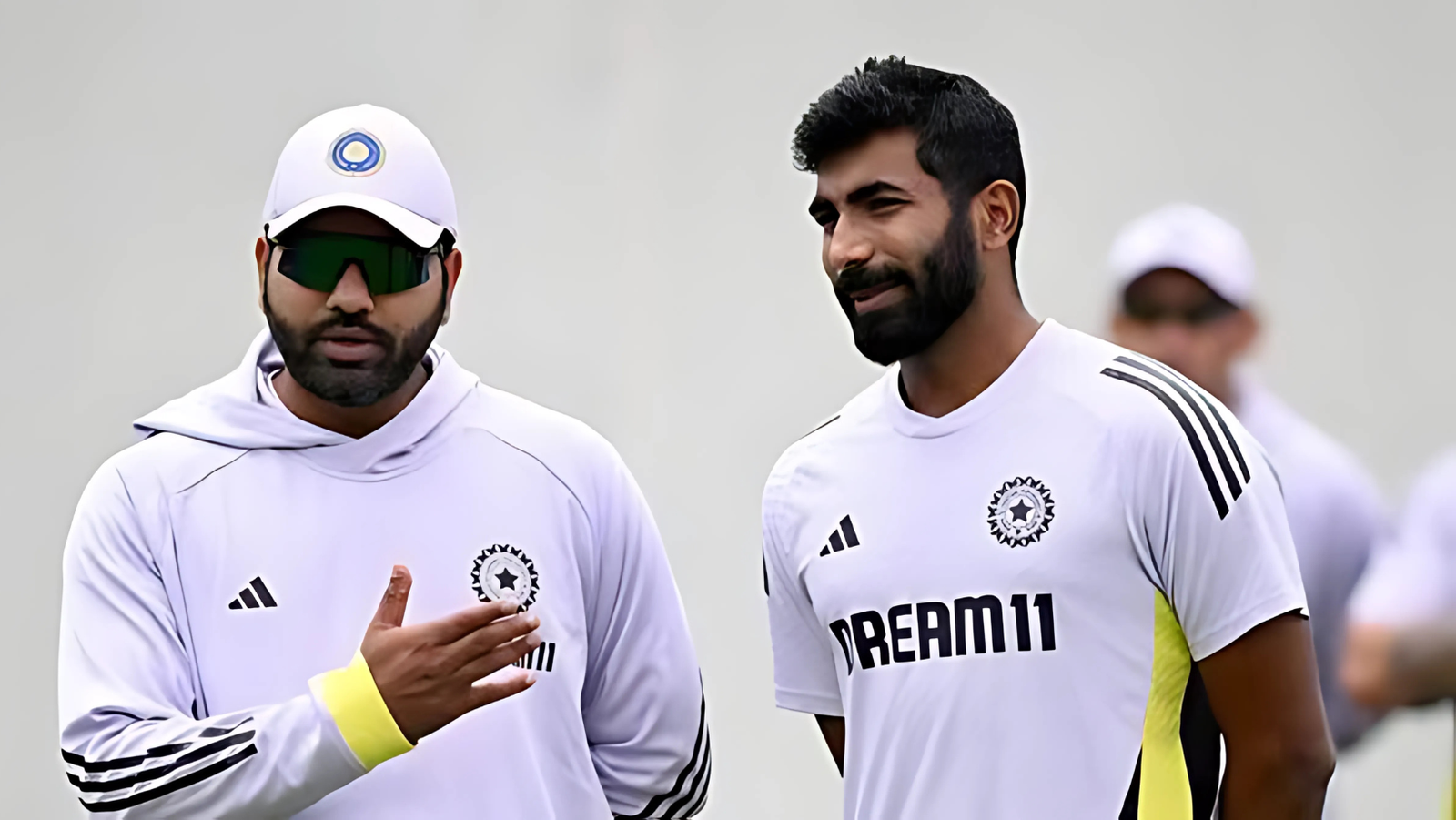The cricketing world was dealt a significant blow as Mitchell Marsh, the dynamic Australian all-rounder, has been ruled out of the upcoming Champions Trophy due to a back injury. This development has sent shockwaves through the Australian camp and has left fans wondering about the team’s prospects in the tournament. In this comprehensive blog post, we will delve into the details of Marsh’s injury, its implications for Australia, and how the team plans to cope with this setback. We will also explore the broader context of injuries in cricket and how they impact team dynamics and performance.
Understanding Mitchell Marsh’s Injury
Mitchell Marsh has been a pivotal figure in the Australian cricket team, known for his explosive batting, handy medium-pace bowling, and athletic fielding. However, his career has been marred by injuries, and the latest one—a back injury—has forced him out of the Champions Trophy.
What is a Back Injury in Cricket?
Back injuries are common among cricketers, especially all-rounders who have to balance batting, bowling, and fielding. The repetitive stress on the back, particularly during bowling, can lead to strains, stress fractures, or even more severe conditions like herniated discs. In Marsh’s case, the exact nature of the injury hasn’t been disclosed, but it’s serious enough to sideline him for a significant period.
The Impact of Marsh’s Absence on Australia
Mitchell Marsh’s absence is a significant blow to Australia’s Champions Trophy campaign. His ability to contribute with both bat and ball provided the team with much-needed balance. Let’s break down the impact:
- Batting Depth: Marsh’s aggressive batting in the middle order was crucial for Australia. His ability to accelerate the innings and finish games made him a valuable asset. Without him, the team will have to rely more on other middle-order batsmen like Glenn Maxwell and Marcus Stoinis.
- Bowling Options: Marsh’s medium-pace bowling was often used to break partnerships and provide crucial breakthroughs. His absence means that Australia will have to find another bowler who can fill that role, potentially putting more pressure on the frontline bowlers.
- Fielding Prowess: Marsh is an excellent fielder, and his presence in the field often lifted the team’s morale. His absence could be felt in the fielding department, where his athleticism and sharp reflexes will be missed.
Australia’s Plan to Cope with Marsh’s Absence
With Marsh out of the picture, Australia will need to rethink their strategy for the Champions Trophy. Here are some potential solutions:
- Calling Up a Replacement: Australia has a wealth of talent in domestic cricket, and they may look to call up a replacement for Marsh. Players like Moises Henriques or Daniel Sams could be considered, given their all-round abilities.
- Rejigging the Batting Order: The team might consider reshuffling the batting order to compensate for Marsh’s absence. This could involve promoting someone like Alex Carey or Marnus Labuschagne up the order to provide stability.
- Relying on Specialist Bowlers: With Marsh’s bowling no longer an option, Australia might rely more on their specialist bowlers like Pat Cummins, Mitchell Starc, and Josh Hazlewood. This could mean longer spells for these bowlers, which might impact their effectiveness in the latter stages of the tournament.
The Broader Context of Injuries in Cricket
Mitchell Marsh’s injury is not an isolated incident. Injuries are an unfortunate part of professional sports, and cricket is no exception. Let’s take a closer look at the broader context of injuries in cricket:
- Common Injuries in Cricket: Apart from back injuries, cricketers often suffer from hamstring strains, shoulder injuries, and stress fractures. Fast bowlers, in particular, are prone to injuries due to the repetitive stress on their bodies.
- Impact on Team Dynamics: Injuries can disrupt team dynamics, especially when key players are sidelined. Teams often have to make last-minute changes to their playing XI, which can affect their performance.
- Preventive Measures: To mitigate the risk of injuries, teams invest heavily in sports science and physiotherapy. Players undergo rigorous fitness regimes and are closely monitored to ensure they are in peak condition.
The Role of Sports Science in Managing Injuries
Sports science has become an integral part of modern cricket, helping teams manage injuries and optimize player performance. Here’s how sports science is being used to tackle injuries:
- Biomechanical Analysis: By analyzing a player’s bowling or batting action, sports scientists can identify potential injury risks and suggest corrective measures.
- Load Management: Managing a player’s workload is crucial to preventing injuries. Sports scientists use data to determine how much a player can bowl or bat without risking injury.
- Rehabilitation Programs: When injuries do occur, sports scientists work closely with physiotherapists to design rehabilitation programs that help players recover quickly and safely.
Mitchell Marsh’s Road to Recovery
While Marsh’s absence is a setback, the focus will now shift to his recovery. Here’s what we know about his road to recovery:
- Medical Assessment: Marsh will undergo a thorough medical assessment to determine the extent of his injury. This will help in formulating a recovery plan.
- Rehabilitation: Depending on the severity of the injury, Marsh may undergo a rehabilitation program that includes physiotherapy, strength training, and conditioning.
- Gradual Return: Once he recovers, Marsh will likely follow a gradual return-to-play protocol to ensure he doesn’t aggravate the injury.
The Psychological Impact of Injuries on Players
Injuries not only affect a player’s physical health but also their mental well-being. Being sidelined for a significant period can be mentally challenging, and players often struggle with the fear of re-injury. Here’s how injuries impact players psychologically:
- Loss of Confidence: Being out of action for a long time can lead to a loss of confidence, especially when a player returns to the field.
- Fear of Re-Injury: The fear of re-injury can affect a player’s performance, making them hesitant to give their 100%.
- Mental Health Support: Teams are increasingly recognizing the importance of mental health support for injured players. Sports psychologists work with players to help them cope with the psychological impact of injuries.
The Importance of Squad Depth in Modern Cricket
Mitchell Marsh’s injury underscores the importance of having a deep and versatile squad. In modern cricket, where the schedule is packed and injuries are common, having quality backups is crucial. Here’s why squad depth matters:
- Flexibility: A deep squad allows teams to be flexible with their playing XI, adapting to different conditions and opposition.
- Competition for Places: Having quality backups creates healthy competition for places, pushing players to perform at their best.
- Injury Management: With a deep squad, teams can manage injuries better, ensuring that the absence of one player doesn’t derail their campaign.
Australia’s Chances in the Champions Trophy Without Marsh
With Mitchell Marsh out, Australia’s chances in the Champions Trophy have taken a hit. However, the team still boasts a strong lineup with the likes of Aaron Finch, David Warner, Steve Smith, and Pat Cummins. Here’s a look at Australia’s prospects:
- Batting Strength: Despite Marsh’s absence, Australia’s batting lineup remains formidable. The top order, comprising Finch, Warner, and Smith, is one of the best in the world.
- Bowling Attack: Australia’s bowling attack, led by Cummins, Starc, and Hazlewood, is among the most potent in world cricket. They will be crucial in defending totals and taking wickets at crucial junctures.
- All-Rounders: While Marsh’s absence is a blow, Australia still has all-rounders like Glenn Maxwell and Marcus Stoinis who can contribute with both bat and ball.
Mitchell Marsh’s injury is a significant setback for Australia as they prepare for the Champions Trophy. However, the team has the depth and talent to overcome this challenge. Injuries are an unfortunate part of sports, but with the right management and support, players can recover and return stronger. As fans, we can only hope for a swift recovery for Marsh and a successful campaign for Australia in the Champions Trophy.
-
WIPL2025: Gujarat Giants vs UP Warriorz – Who Will Dominate the Battle of Titans?
The Women’s Indian Premier League (WIPL) has become a cornerstone of women’s cricket, showcasing talent, passion, and fierce competition. As…
-
Injury Strikes Mumbai Indians: How Mujeeb Ur Rahman’s Inclusion Changes Their IPL 2025 Strategy
The Indian Premier League (IPL) is one of the most anticipated cricket tournaments globally, and the 2025 season is no…
-
WIPL 2025: Gujarat Giants vs Royal Challengers Bangalore – A Thrilling Season Opener
The Women’s Premier League (WIPL) 2025 is set to kick off with an exciting match between Gujarat Giants and Royal…






